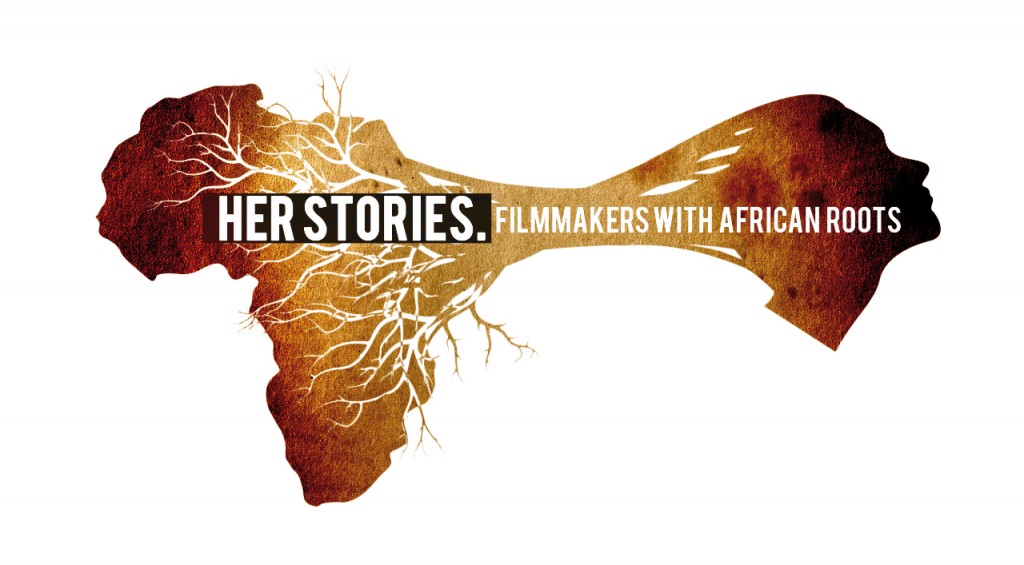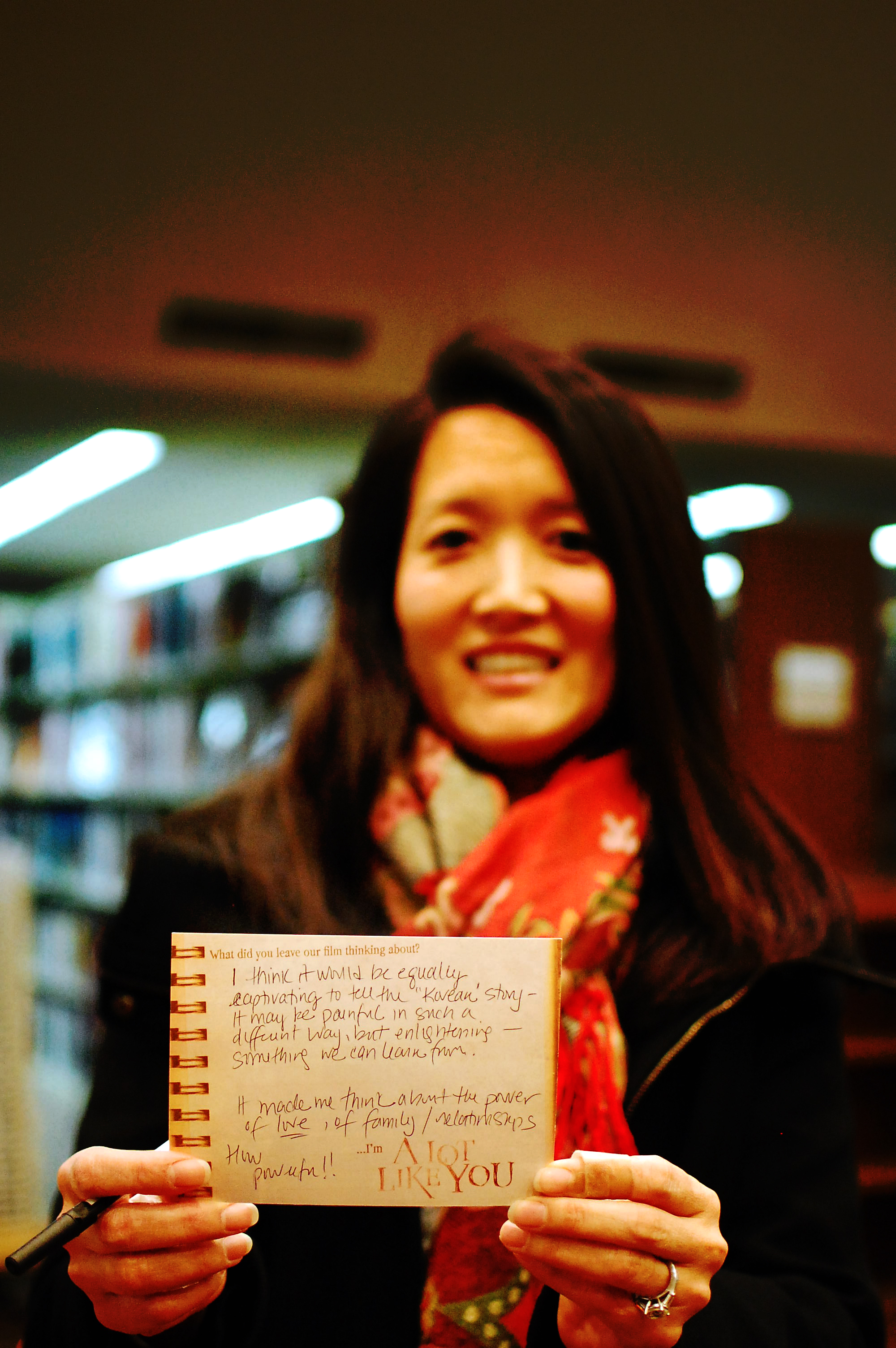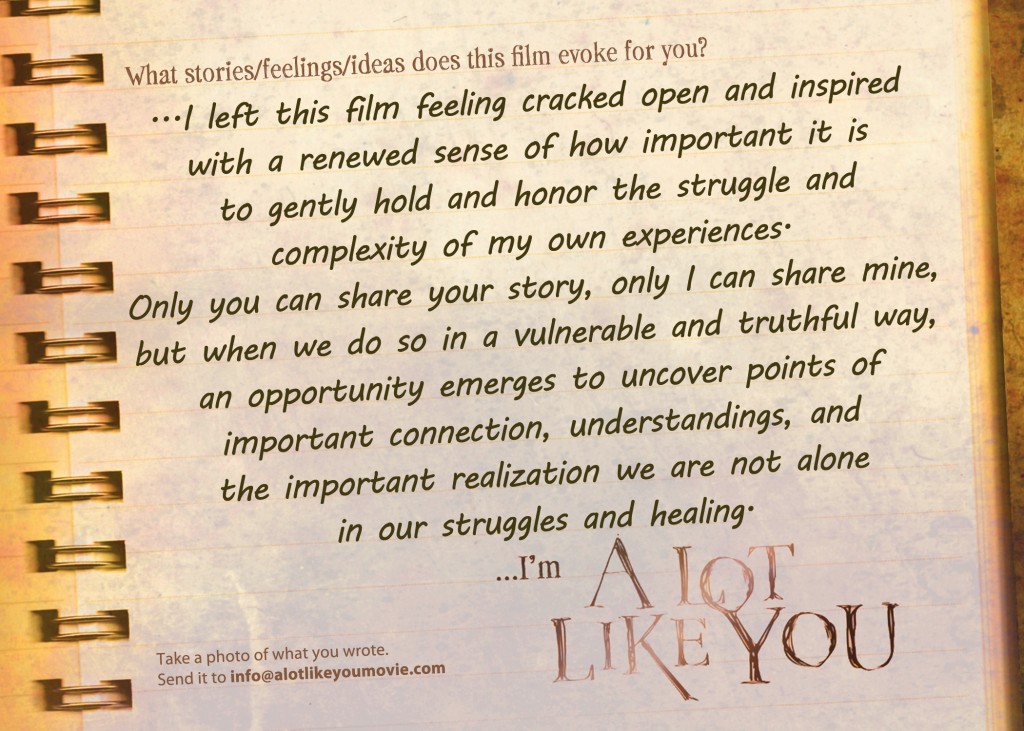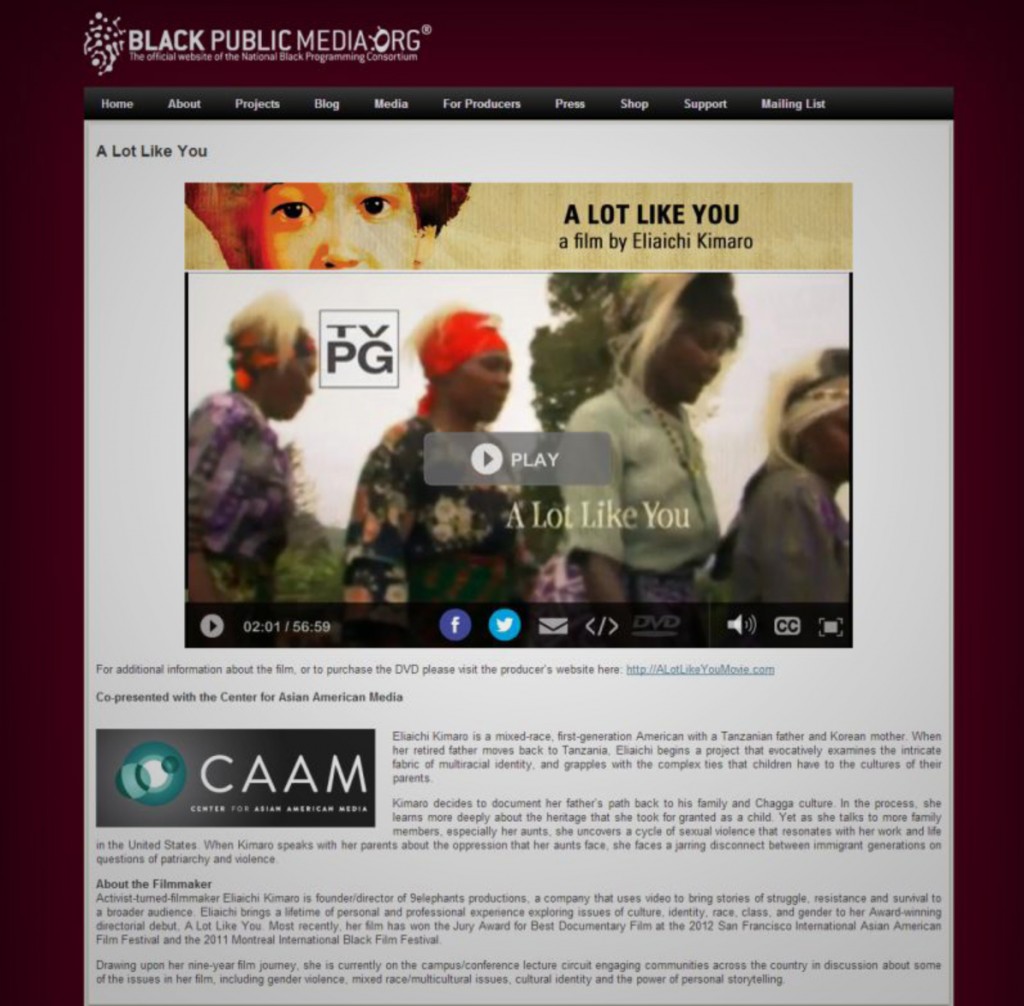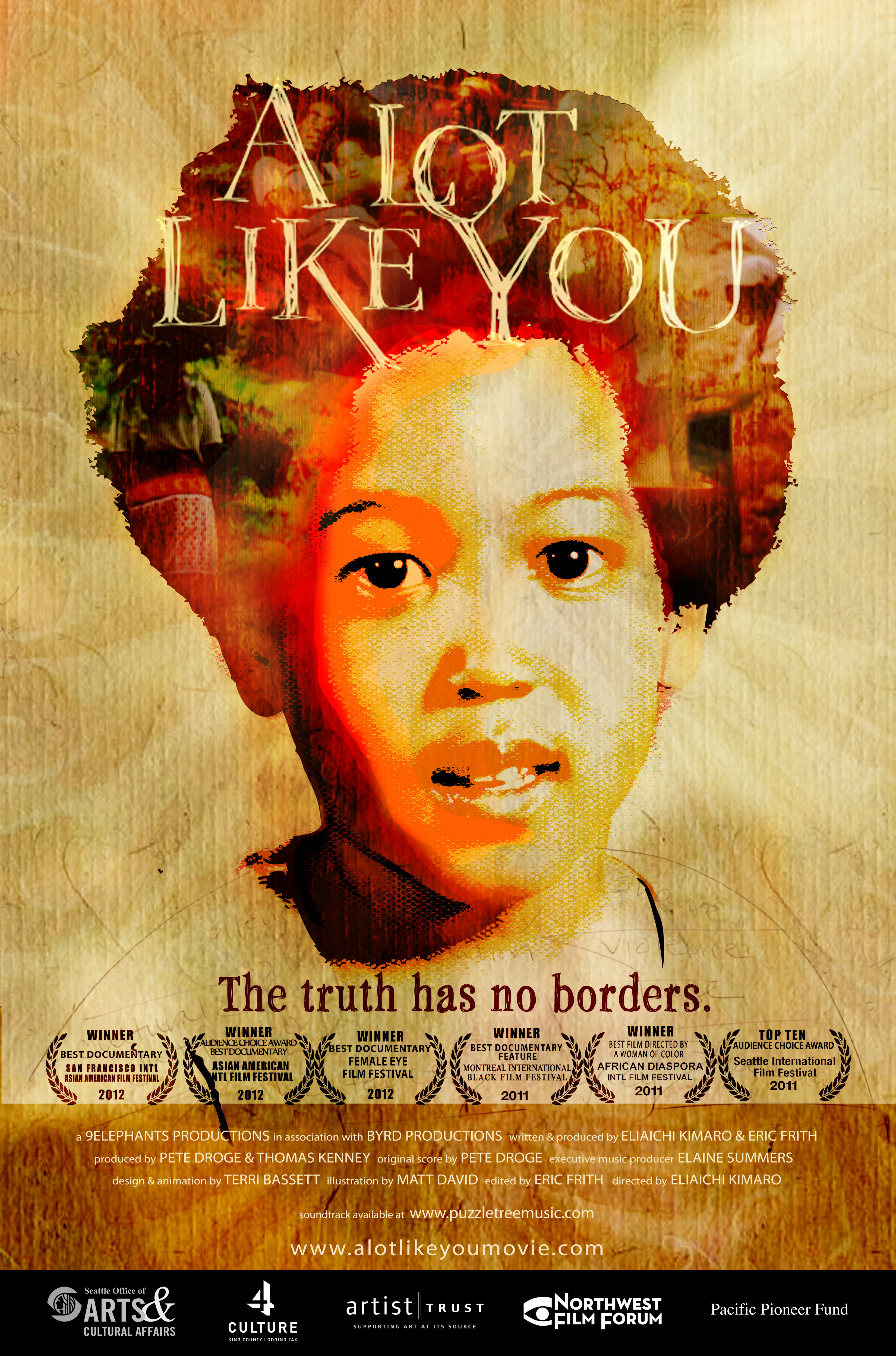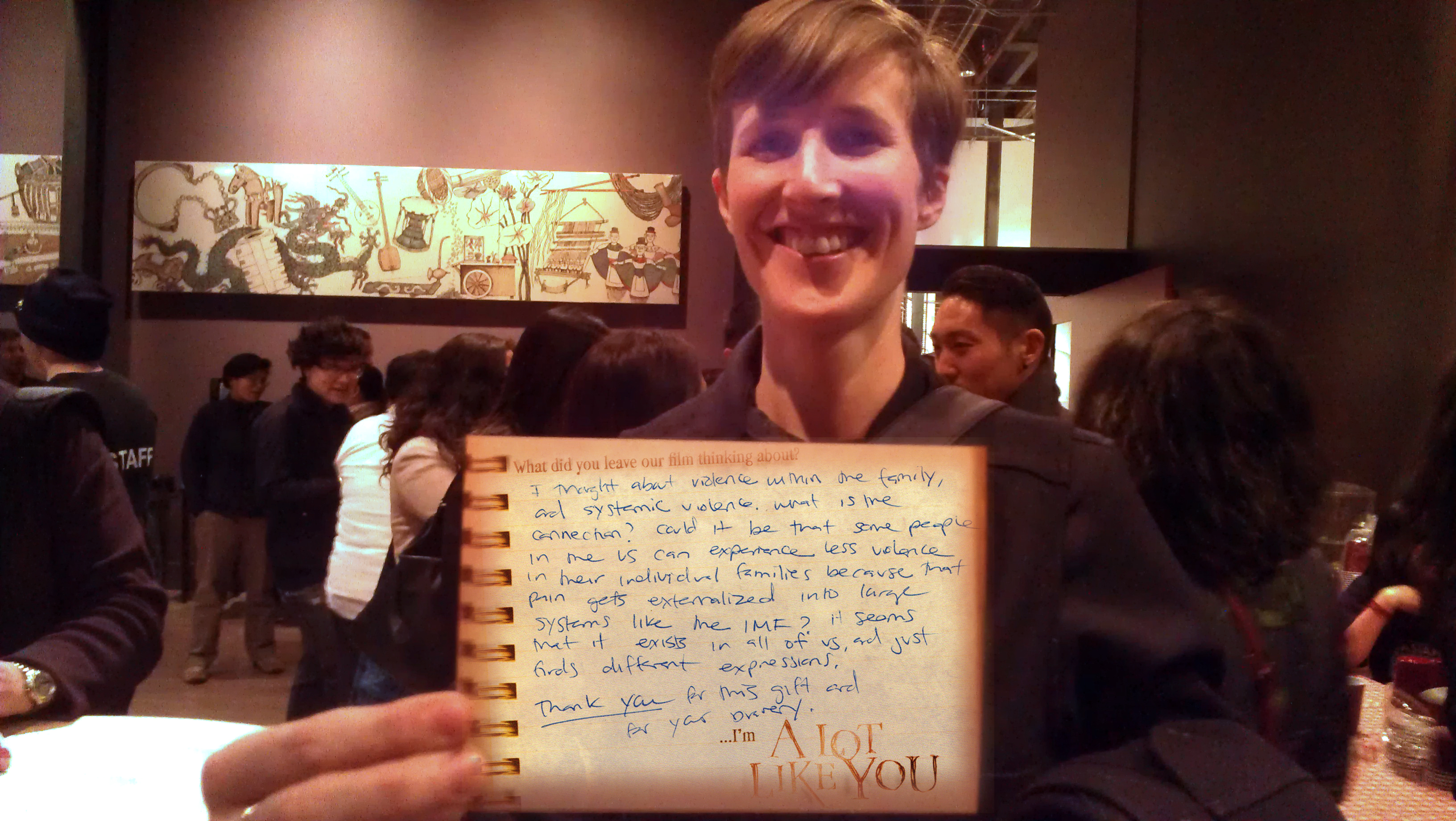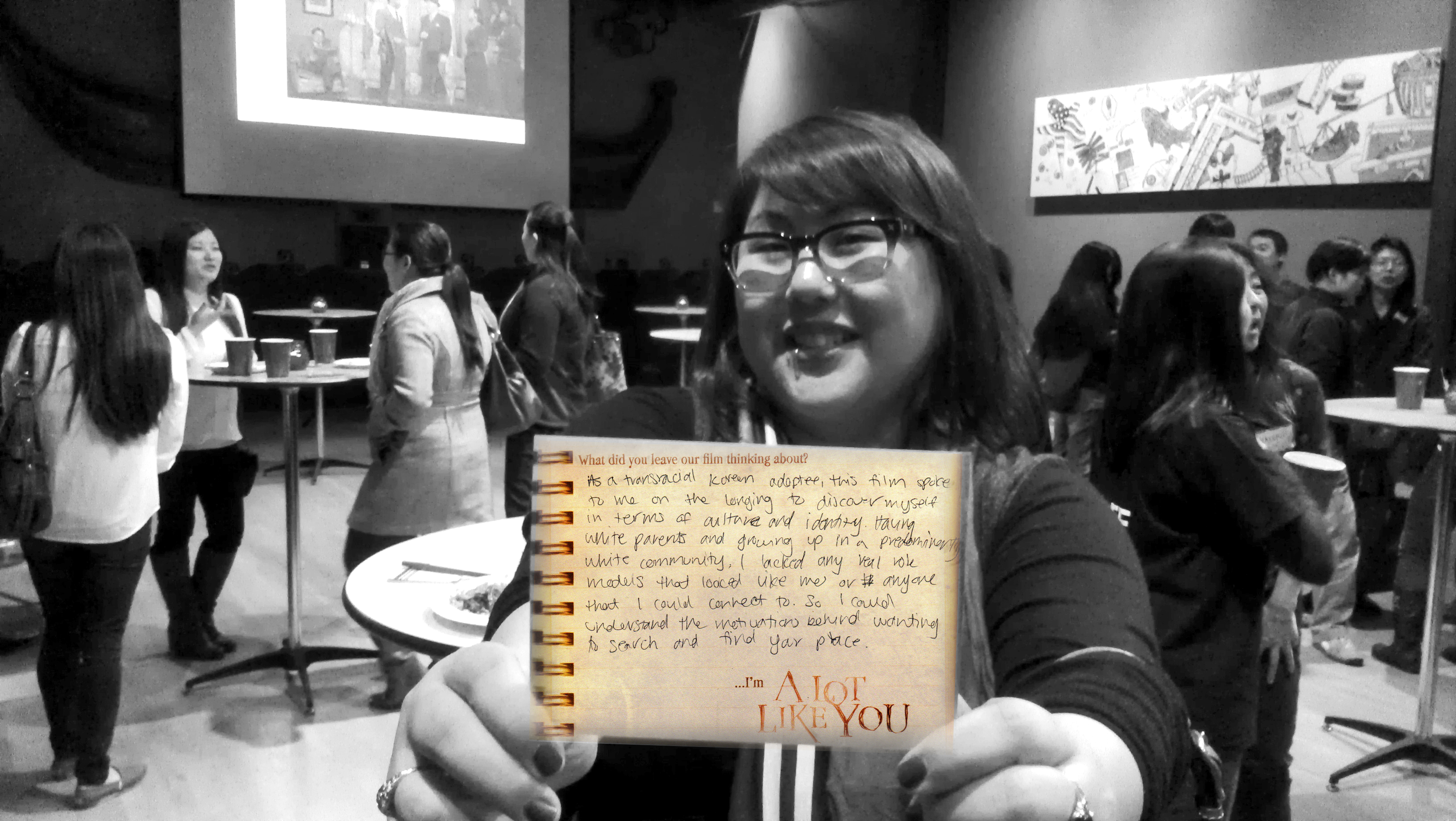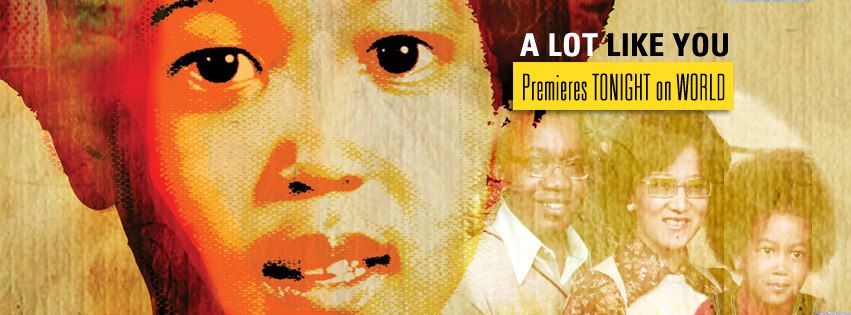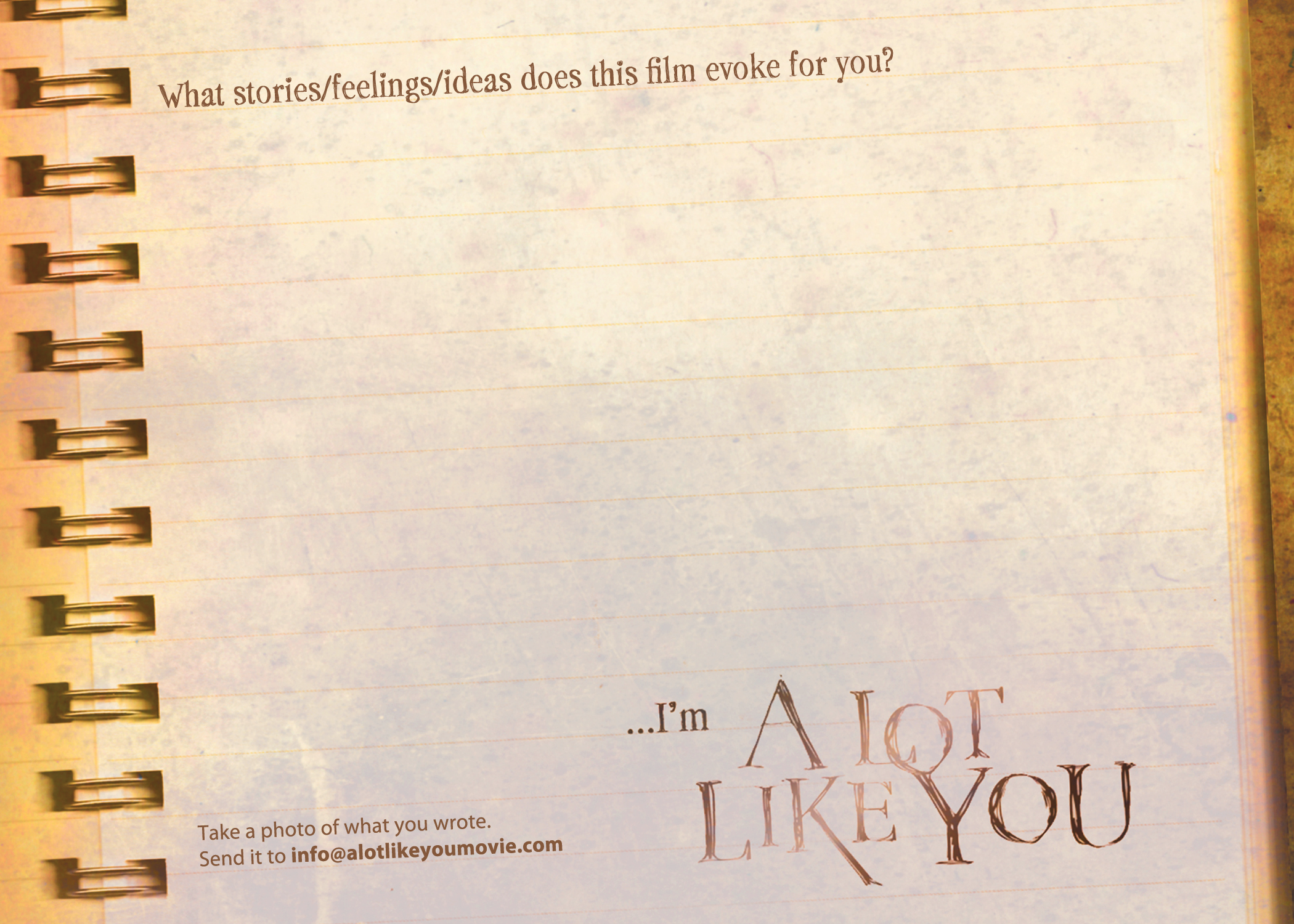Cross-cultural ties examined in documentary
By Sarah Stuteville
Special to The Seattle Times
“The bibimbap, is that dolsot?” asks documentary filmmaker Eli Kimaro looking up from the menu of Wabi-Sabi in Columbia City.
She’s trying to gauge the authenticity of the Korean dish in question. This version doesn’t come in the traditional heated stone pot (dolsot), but she goes for it anyway — calling the rice bowl a favorite “comfort food.”
Kimaro couldn’t be more at home ordering Korean food in a neighborhood with an African-American history and a growing reputation for international diversity.
Her father is Tanzanian and her mother is Korean. They both worked in international aid and development in Washington, D.C., and Kimaro grew up in a community where being cross-cultural “was the norm.”
But that norm was challenged when Kimaro left home for college. She says she sought to join a Korean Student Union and was met with skepticism from members who saw her first as a black woman, an experience that would be repeated as she was forced to grapple with other people’s assumptions about her background.
Outside of the international community Kimaro grew up in, multiracial families were uncommon in the 1970s. Her film “A Lot Like You” mentions that Kimaro’s parents were married only a few years after anti-miscegenation laws were overturned by the Supreme Court.
By comparison 9 percent of all marriages in the United States were interracial or interethnic in 2009 — double the number in 1980.
Kimaro, who identifies as a black woman and a “Tanzkomerican” explores these themes in “A Lot Like You,” which follows her journey back to Tanzania to explore her family’s roots in the Chagga culture while telling the story of her unique childhood.
But the movie, like Kimaro’s background, is complicated. What was intended to be a way of recording the traditions of the Chagga people also became a story of pervasive gender violence within the community. The film ultimately explores Kimaro’s own experience of sexual violence.
Kimaro is proud that the film can’t be “pigeonholed” as singularly about gender violence, mixed-race identities or multicultural families. And while it may not be what she set out to make, “A Lot Like You” is resonating with audiences. Continue reading →
